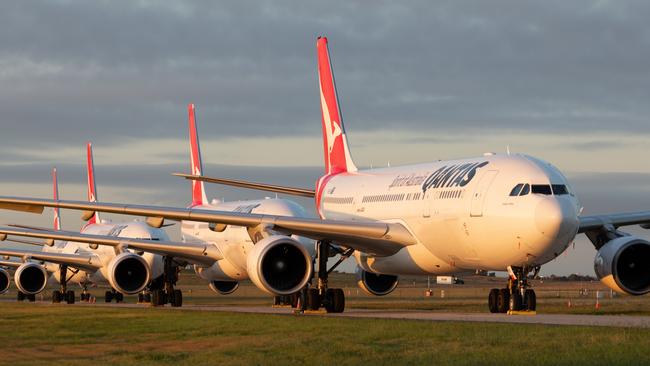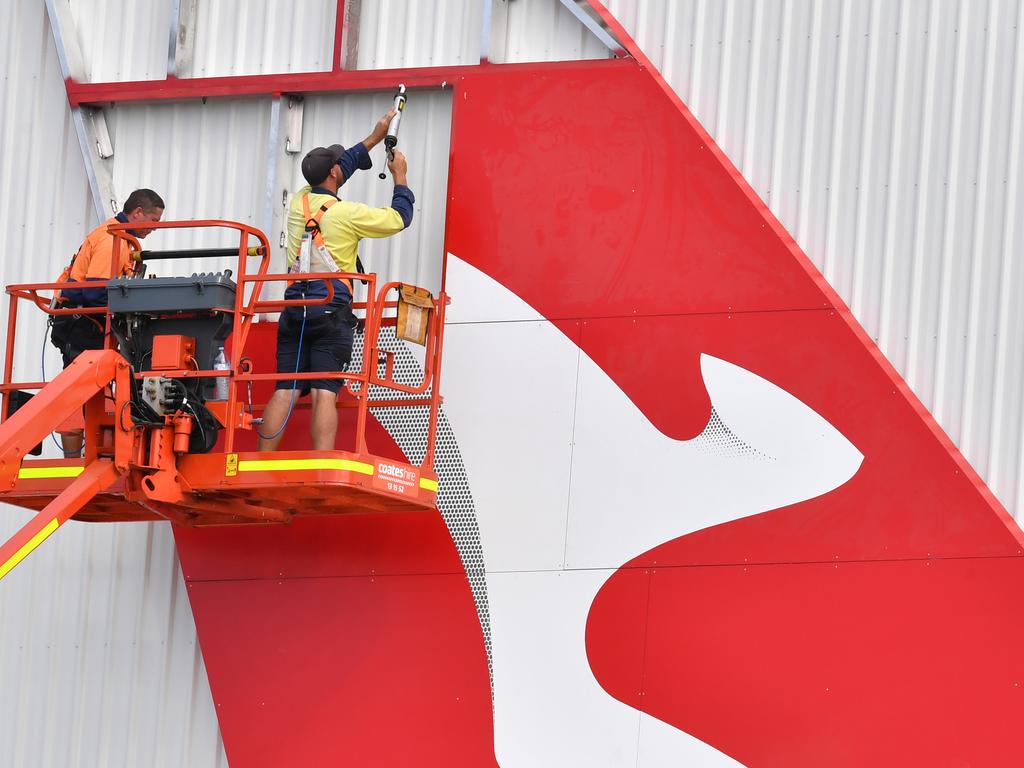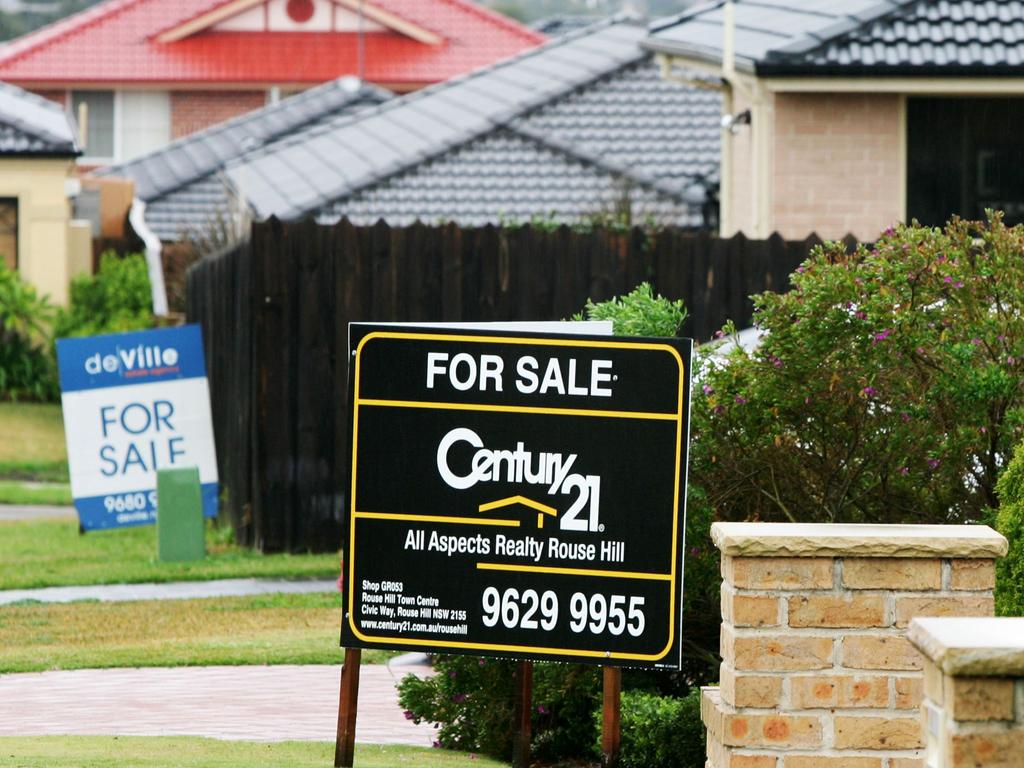Without Virgin loan, Qantas regains monopoly over the skies
A return to a monopoly of major carriers in the form of Qantas would not be in the interests of Australians, experts say.

For a good part of Australia’s aviation history, travellers have been dudded by lack of competition, experts say, making keeping more than one airline in the air essential.
Virgin Australia confirmed reports on Tuesday that it had asked the federal government for a $1.4bn loan to help it survive the coronavirus crisis.

Qantas CEO Alan Joyce urged against such a bailout, saying government assistance should not be offered to businesses that had been “badly managed” and said “survival of the fittest” should apply.
Many in the aviation industry argue, however, that history shows the prospect of seeing Australia return to a monopoly of major carriers in the form of Qantas would not be in the interests of the public.
“I support the government assisting them. I don’t like it, but it’s essential to maintain competition,” said businessman and former Civil Aviation Authority chairman Dick Smith.
When the country recovers from COVID-19, Mr Smith said, a new competitor would “not be able to start a new airline”, making it essential Virgin remain in the Australian market.
For significant periods Australia had either a monopoly of air travel or a tightly controlled duopoly.
In 1946 the federal government established and owned Trans Australia Airlines. It competed against Australian National Airways which was taken over by Ansett in 1957.
But the chairman emeritus of consulting group CAPA — Centre for Aviation, Peter Harbison, said the government sharply restricted competition in practice.
“To ensure that the private company wouldn’t be blown out of the water by a publicly owned one they established the two airline policy,” he said.
The two airlines had a protected duopoly in travel between capital cities, but had to have the same aircraft and offer the same fares, and each had to submit their costs and have their fares set by a committee.
“Basically, they broke even and made a small profit, but the travelling public was not the winner,” Mr Harbison said.

The two-airline policy was dismantled in 1990, and the federal government decided to privatise Qantas.
What emerged next was an effective duopoly between Qantas and Ansett.
In 2001 Ansett, which had been disadvantaged by being limited to the domestic market and other problems, collapsed, creating a mass upset in the industry.
“It was more or less good news for Qantas,” said Sydney University professor of transport Rico Merkert.
“Overall, competition is very good and very important, but not so much that it can kill both airlines in that space.”
But after starting small, a new player started expanding.
“That was when Richard Branson thought, ‘Let’s get more competition into this market with Virgin Blue’, which I think was really quite a good idea at the time,” Professor Merkert said.
As Virgin started to make inroads, in 2003 Qantas created a fully-owned subsidiary, Jetstar, to take it on in the budget market.
“Immediately you saw Virgin being challenged,” Mr Harbison said.
“You had, for the first time in Australia’s aviation history, real competition.”








To join the conversation, please log in. Don't have an account? Register
Join the conversation, you are commenting as Logout